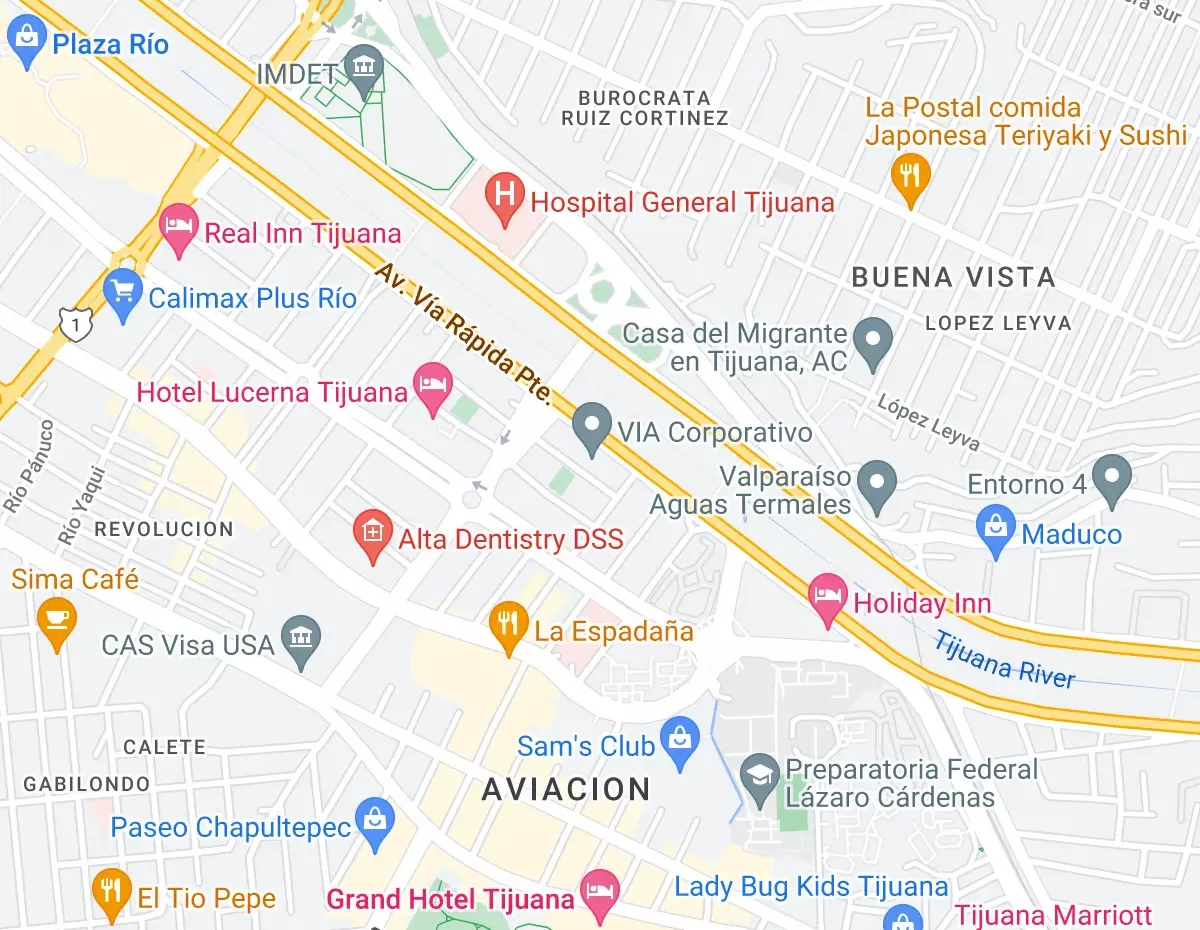Overcoming Cravings With An Ibogaine Treatment
Are you abusing addictive substances, but find that you cannot stop on your own? If so, you might have a substance use disorder. According to the U.S. Substance Abuse and Mental Health Services Administration (SAMSHA), “substance use disorders occur when the recurrent use of alcohol and/or drugs causes clinically and functionally significant impairment, such as health problems, disability, and failure to meet major responsibilities at work, school, or home.” Millions of people around the world struggle with this condition. We believe ibogaine is the solution.
If you are battling with an addiction to alcohol, cocaine, heroin, prescription painkillers, or methamphetamines, you know all about cravings. They are unpleasant, to say the least. They are a major factor in keeping you addicted to a substance you desperately want to quit using.
In simple terms, cravings are the driving force behind a substance use disorder. In spite of the fact that you have a sincere desire to quit abusing your drug of choice, cravings can keep you stuck in the addictive cycle. An ibogaine treatment at New Roots can bring you freedom by effectively eliminating powerful cravings and resetting the reward circuitry in the brain. Also Read Why To Stop Drinking?
What Causes Drug Cravings?
Most people highly underestimate the powerful effect addictive substances can have on the brain. Basically, they can hijack your mind. We don’t want to get too scientific on you and complicate matters. But, we do want to give you a simple explanation of how drugs interrupt the brain’s natural processes. This will help you understand what causes cravings and how they can be eliminated with an ibogaine treatment.
The U.S. National Institute on Drug Abuse (NIDA) reports that “drugs interfere with the way neurons send, receive, and process signals via neurotransmitters.” Specifically, drugs profoundly impact the brain’s reward system.
Addictive substances make you feel good because they activate the pleasure center in the brain. When the brain is flooded with an intoxicating substance, it remembers how it feels. By design, this causes the brain to want more of that feel-good experience. So, it sends signals to your conscious mind and tells you to do more of the drug. This can happen through direct thoughts (“I want to get high. I am going to go get some heroin”) or through physiological reactions (like a jittery feeling, commonly known as “jonesing”).
Cravings can completely overwhelm even the strongest individual. Once a substance use disorder takes over the brain, it completely deteriorates your ability to exercise self-will. The brain’s neurotransmitters relentlessly bombard you with signals that scream, “I WANT MORE” of whatever substance you have been using. Many people continue to use drugs even though they are completely destroying their life. This is simply because they cannot resist the cravings.
At New Roots, we promote ibogaine treatment to address this aspect of a substance use disorder. Studies have shown that this plant medicine can significantly reduce drug and alcohol cravings.
An Ibogaine Treatment Eliminates Cravings and Resets The Brain
Ibogaine is quickly being recognized by researchers as an effective way to stop drug cravings – especially opioid cravings. When it comes to physical dependence; opioids like heroin, Hydrocodone, Oxycodone, Morphine, and Fentanyl deliver the most intense and long-lasting cravings. This is what keeps people hooked.
The most common form of treatment for opioid dependence in the U.S. is Medication-Assisted Treatment (also known as “MAT”). This involves the use of opioid replacement drugs like Methadone and Suboxone. These drugs are designed to reduce opioid cravings, but they are highly addictive and can cause someone to experience even worse cravings. This is not the case with ibogaine.
This substance is not an opioid. It is psychedelic. It is not addictive and does not produce any withdrawal symptoms. In fact, an ibogaine treatment allows drug and alcohol users to bypass withdrawal symptoms caused by whatever substance they are addicted to. It eliminates cravings and allows our patients to experience freedom from a substance use disorder.
How Long Does Ibogaine Stop Drug Cravings?
Although there is still a lot to be learned about ibogaine, we do know it is highly effective in treating drug and alcohol addiction. It restores the brain’s chemical balance, which has been interrupted by continued substance abuse. It acts as a kind of “reset button.” This can happen in just one treatment.
The typical ibogaine treatment stops cravings for alcohol, opioids, and other drugs for three to six months. Some people never experience cravings again. Many people who have been hopelessly addicted to drugs in the past have reported that ibogaine was life-changing for them.
Most people respond positively to single ibogaine treatment. They return home from our facility and go on to enjoy ongoing sobriety. However; some need to receive more than one treatment before their cravings are completely eliminated.
There are a number of factors that determine how many ibogaine treatments are necessary. These include the type of drug being used, how long the drug has been used, the overall health of the patient, and psychological factors.
What Happens After an Ibogaine Treatment? Do Cravings Return?
Research has shown that ibogaine treatment can significantly reduce cravings for three to six months or eliminate them completely. However; this does not mean you can return home to your everyday life and carry on business as usual. You have to make some significant life changes to enjoy ongoing sobriety.
The best way to stay sober after an ibogaine treatment is to avoid triggers. According to Psychology Today, a trigger is “anything that brings back thoughts, feelings, and memories that have to do with addiction.” Triggers can cause cravings, which can lead to right back to drug or alcohol abuse. Then, the vicious cycle starts all over again. It is best to stay away from people who use drugs or drink alcohol for at least the first year of your recovery process.
It is also a good idea to seek some kind of outside help to ensure continued sobriety after your ibogaine treatment. You might participate in therapy with a psychologist or you may choose to seek peer support through a 12-Step community. Or, you may choose to engage in holistic activities like yoga or meditation.
Ibogaine is not intended to be a miracle cure. It allows you to break the addictive cycle so that you can reestablish balance and order in your life. By eliminating cravings, this plant medicine gives you the freedom to work on yourself so you can learn how to enjoy a sober lifestyle.
Not sure if ibogaine is right for you? Check out this testimonial from one of our patients:




